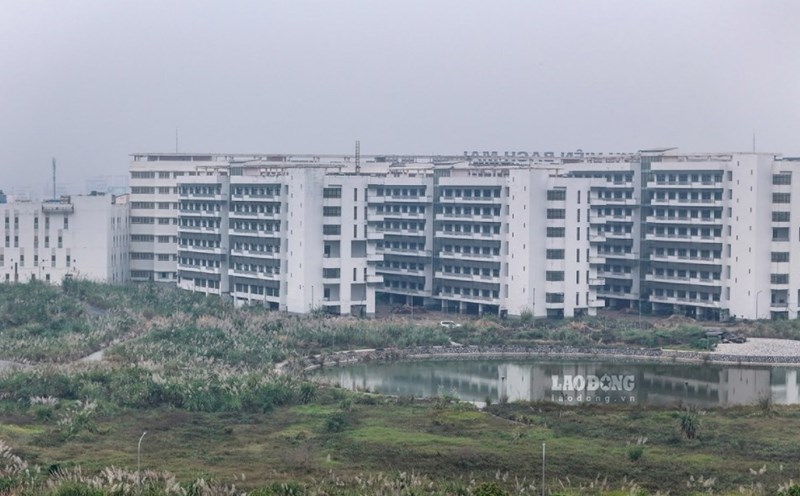Amid fierce competition among countries to develop the semiconductor industry, Vietnam has emerged as a promising destination. This is clearly demonstrated by the interest of leading technology corporations.
Typically, NVIDIA, the world's largest capitalization corporation, has decided to shift its investment to Vietnam after examining many other potential markets. With a commitment to invest from 4 to 4.5 billion USD in the next 4 years, NVIDIA has signed important agreements to establish a production chain in Vietnam and establish an Artificial Intelligence (AI) Research and Development Center as well as an AI Data Center.
This cooperation not only enhances Vietnam’s position on the high-tech map but also opens up opportunities to attract other large corporations such as Qualcomm, LAM Research, Qorvo, and AlChip. These companies are implementing plans to expand investment and development in Vietnam, including building research centers and expanding production scale.
Currently, Vietnam has recorded 174 foreign direct investment (FDI) projects in the semiconductor sector with a total registered capital of nearly 11.6 billion USD. In particular, domestic enterprises such as Viettel and FPT have achieved remarkable achievements, such as designing and manufacturing chips for 5G networks or providing microchip design services.
These efforts are creating strong momentum for the semiconductor industry in Vietnam, helping the country gradually integrate deeply into the global value chain.
The global semiconductor industry is forecast to reach nearly $600 billion by 2024 and continue to grow strongly thanks to the explosion of artificial intelligence, electric vehicles, and 5G networks. Vietnam is seizing this opportunity to build a sustainable foundation for the semiconductor industry through a long-term strategy from the Government.
Strong support policies such as the establishment of the National Steering Committee for Semiconductor Industry Development, the promulgation of the industry development strategy to 2030 and vision to 2050, and human resource development programs have created favorable conditions for investors.
Party Central Committee member and Minister of Planning and Investment Nguyen Chi Dung emphasized that Vietnam not only has high-quality human resources at competitive costs but is also upgrading infrastructure and reforming administration to increase its attractiveness.
The application of advanced technologies in areas such as the Internet of Things, smart cities, and healthcare is creating great opportunities for the semiconductor industry. Components such as microcontrollers, sensors, and connectivity chips are becoming key products, promoting the overall development of the industry.
Vietnam not only aims to become an important link in the global supply chain but also builds an advanced semiconductor industrial ecosystem, ready to welcome cooperation from businesses around the world. With a solid foundation and high political determination, Vietnam is on track to become an ideal destination for technology corporations, contributing to promoting sustainable development in the global semiconductor industry.











